1. Syria Agrees To Give Up Chemical Weapons
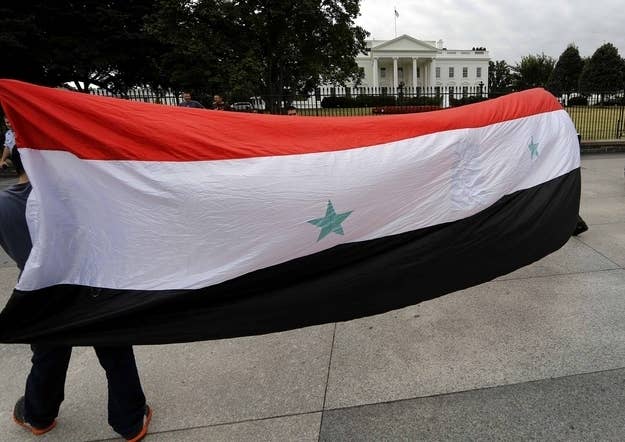
On Tuesday, Syrian Foreign Minister Walid al-Moallem said that his country would agree to a Russian plan, which calls for Syria to put its chemical weapons under international control, for eventual destruction. Syria would also declare its long secret chemical arsenal, stop producing such weapons and sign conventions against them, he said.
2. Kerry To Meet With Russian Counterpart
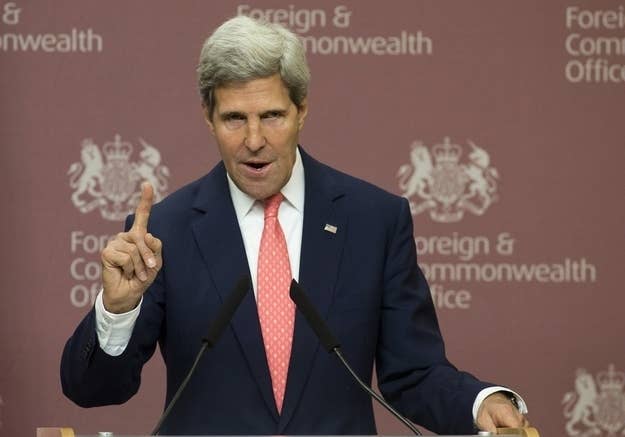
Secretary of State John Kerry said during a Google + hangout that a plan for the Syria regime under President Bashar al-Assad to give up chemical weapons would need a United Nations Security Council resolution. Kerry said that Syria must not merely declare its weapons; it must have a plan for their transfer and destruction. Kerry is expected to travel to Geneva to meet with Russian Foreign Minister Sergey Lavrov on Thursday.
3. Putin Vs. The White House
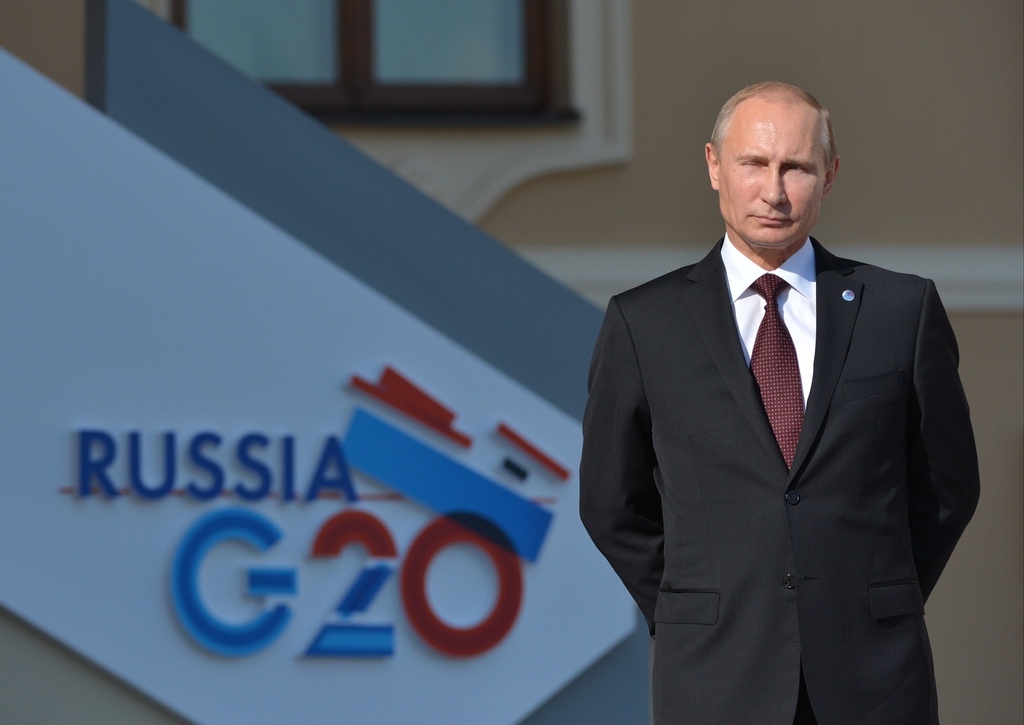
Russian officials hailed the plan to put Syria's chemical weapons under international control as a major tactical victory, but the hope that a deal could be struck on Tuesday began to dim as Russian President Vladimir Putin said the plan can only work if "the American side and those who support the U.S.A, in this sense, reject the use of force." That stands in contrast to what the Obama administration wants. "For this diplomatic option to have a chance at succeeding, the threat of a U.S. military action, the credible, real threat of U.S. military action, must continue," Defense Secretary Chuck Hagel said on Tuesday.
4. France To Seek U.N. Resolution
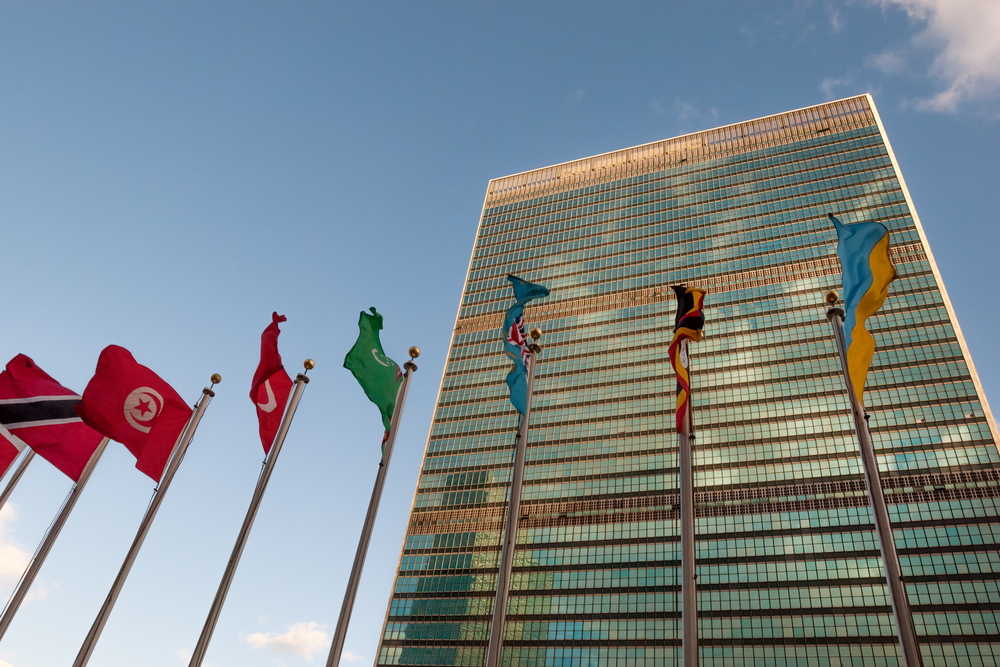
France — which has thus far supported Obama's call to strike against Assad — announced on Tuesday that it would seek a U.N. Security Council resolution supporting the Russian proposal. China has also backed the proposal. But a meeting to discuss the resolution was later canceled at Russia's request.
5. The World Waits For Obama's Address
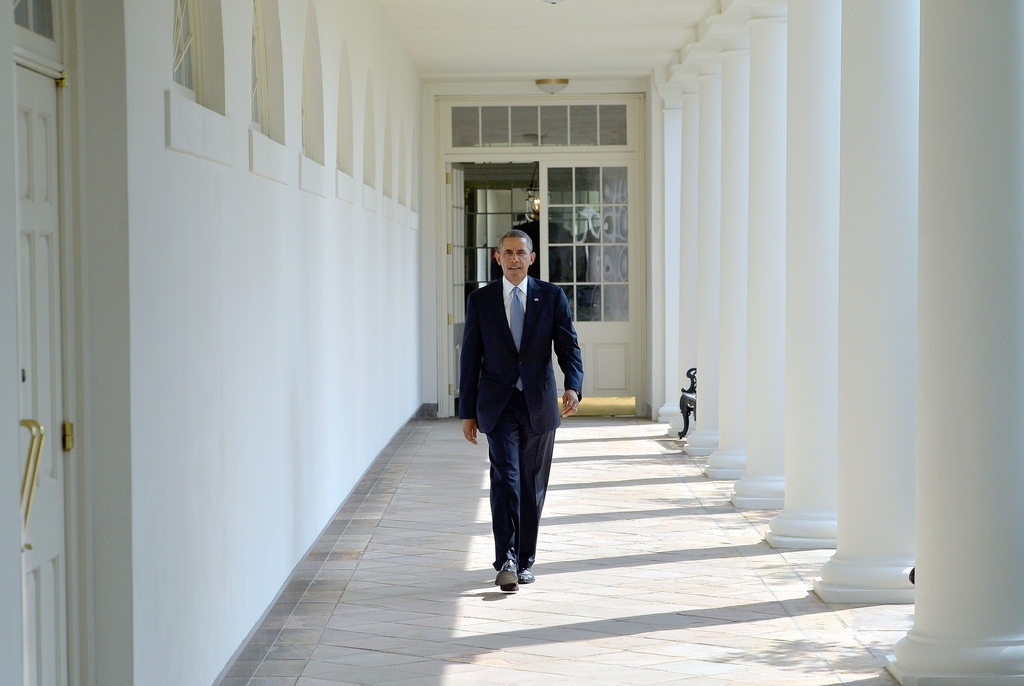
Meanwhile in Washington, President Obama prepared to speak to the nation at 9 p.m. ET, Tuesday about the situation in Syria. Initially when Obama scheduled the speech, it appeared that Obama would be explaining the decision to strike Syria in retaliation for the Aug. 21, chemical attack the U.S. says killed more than 1,400 people.
But as the Russian proposal gained support, the White House found itself having to move on parallel tracks — working through the United Nations to avert military action, while still trying to persuade Congress and the American public to support a strike on Syria if the diplomatic solution were to fall apart.
Obama spent much of the afternoon on Capitol Hill where the president and Congress agreed to delay a vote on military action, but the president would not take a strike off of the table as the negotiations continue.
